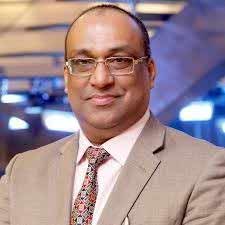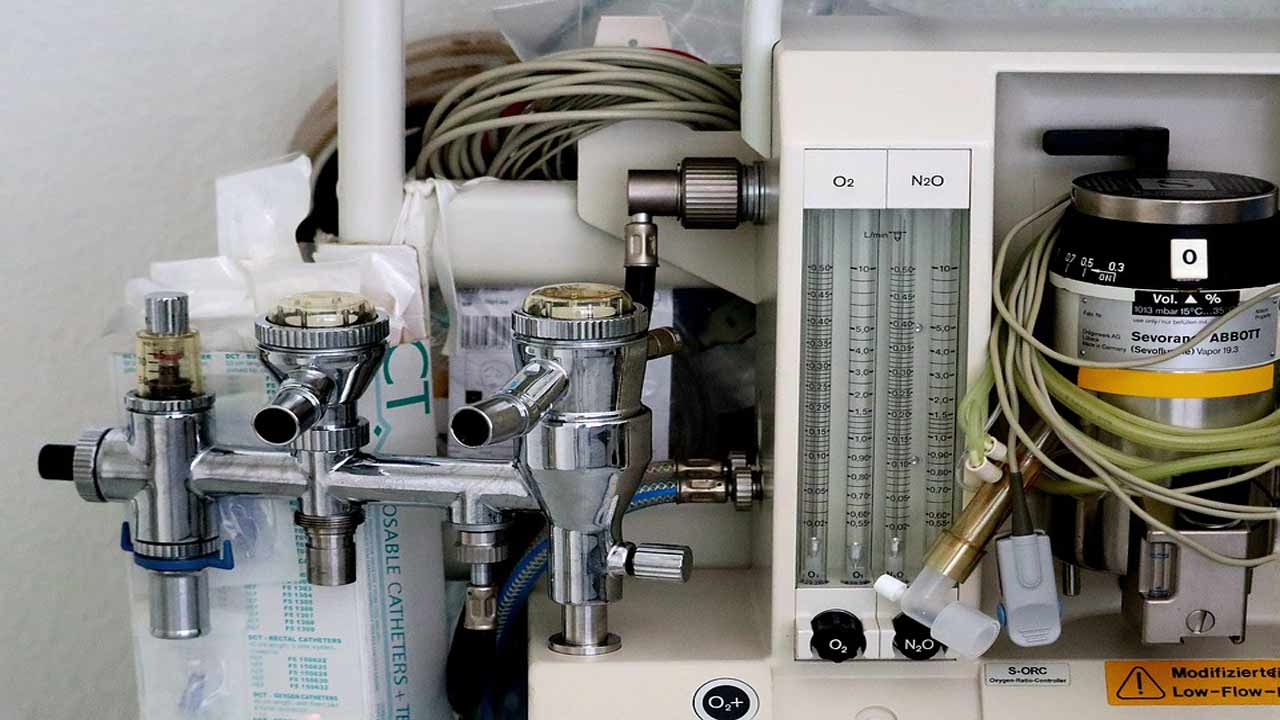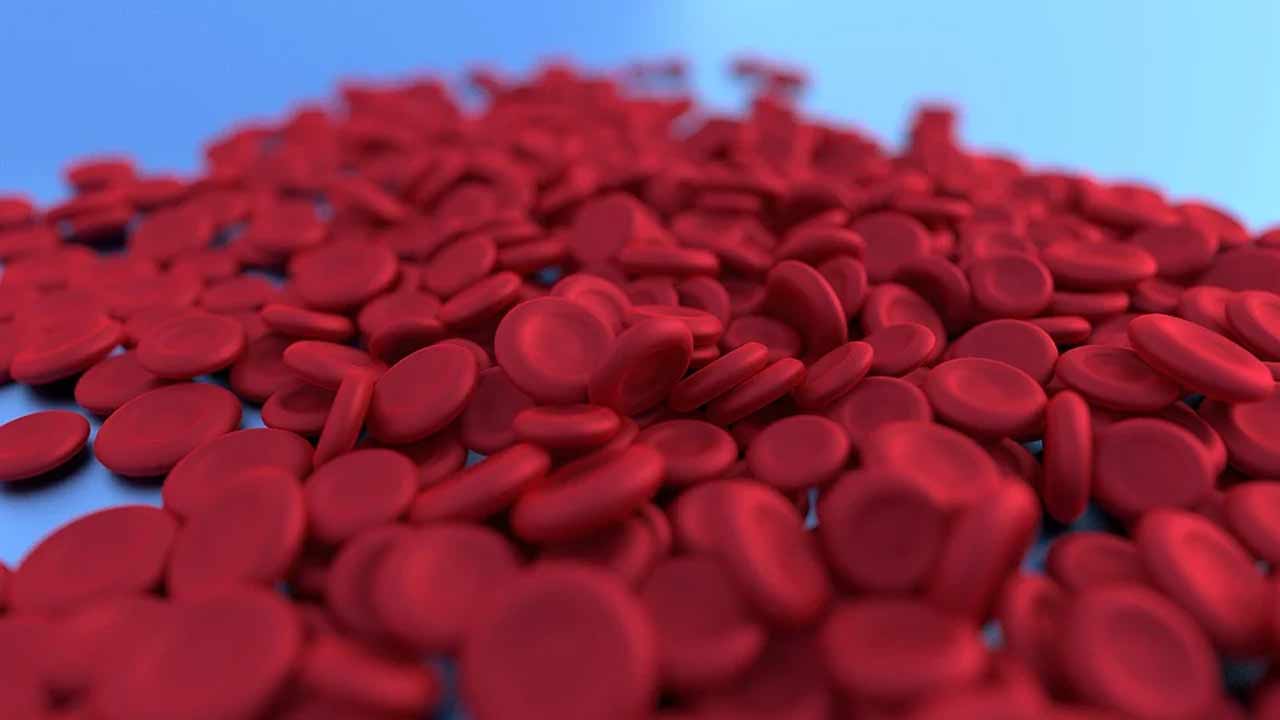The coronavirus pandemic has exposed the preparedness of our health care system. Experts believe that in a situation like this, we have to depend on medical technology and health infrastructure to figure out a solution. Pavan Choudary – Chairman, Medical Technology Association of India – feels that medical technology and high-quality medical equipment plays an important role during pandemic like situation.
Pavan Choudary spoke in length about the Public Procurement Order and how crucial it is for a country like India which imports more than 80 per cent of its medical devices. He said that bringing Public Procurement Order prematurely can lead to a lot of garage manufacturing. Here are excerpts of his interview with HealthWire.
Global collaboration and not protectionism will help India grow: Medical technology during COVID-19

Que: The Covid19 pandemic has brought about a sense of urgency and the responsibility to think longer to improve access to globally renowned, high quality and innovative medical equipment to bridge the gaps in healthcare delivery. Any thoughts on that?
Pavan Choudary: Medical anthropologists who study the history of pandemics have come to a clear conclusion that when a pandemic breaks out, you do not have a medicine or vaccine ready for it. Therefore, you depend on medical technology to figure out a solution. Ventilators have been the critical life-saving device to fight the COVID-19 pandemic in the beginning. And now the scales are shifting towards High-Flow Nasal Oxygen Therapy (HFNO) and Continuous Positive Airway Pressure (CPAP). A high level of demystification of the medical technology sector has happened, thanks to the COVID spotlight, and all these products have suddenly grabbed the public attention.
Que: Covid-19 highlights the need to work collaboratively towards a globally harmonized regulatory environment, it also hints at working towards patient outcomes. However, it is the patient who has to bear the brunt each time. Considering, how the elective surgeries were put at halt and the patients had to suffer the most. What are your thoughts on this?
Pavan Choudary: It is not a hidden fact that medical workers have also been hit, particularly those beyond 60 years of age. Healthcare professionals have always been at the forefront and jeopardized their own health to tend to the patients. The same happened during the Spanish Flu. Nurses rose to even greater prominence than the doctors as they took bigger risks in serving the infected.
I am of the firm belief that global harmonization is vital for India. That said, the nature of globalization will change. Globalization will be replaced by Smart Globalization i.e. a thin crust of globalization to secure uninterrupted supply chains, below which there is a lot of space for localization. Place for local politics also without shrinking or interrupting the economics. Random Off-shoring would be replaced by friend-shoring. By friend-shoring, I mean trade and technology exchange and commerce between countries who have a similar political dispensation and long shared history of peace.
For the West (especially the US) it will also become important to friend shore with such a country in Asia which can stand up to any pressure from its rival (China). India’s candidature is self-evident. To ensure that our case stays compelling we should not steer away from globally harmonized standards. This will give us a wider assortment of countries to choose our partners from in these fluid times. Also, through globally harmonized standards, our domestic companies would get to practice on turfs which they would face in international markets.
Que: There has been an uproar regarding the need of consistent and remunerative policies that encourage investors to invest in India ever since the government is planning to modify the Public Procurement Order (as PPO 2.0). Any thoughts on it?
Pavan Choudary: When we talk about the Public Procurement Order, we must also understand that >80% of the medical devices, used in India, are imported. We all want to ensure that the Indian manufacturing sector flourishes and eventually our country becomes self-sufficient in medical devices. However, if we bring up the Public Procurement Order prematurely, it can lead to a lot of garage manufacturing which such policies have seen in the past in India and internationally. This means that a lot of people would enter this sector without any prior experience or knowledge. It is for the same reason that industry experts want the PPO to be nuanced. To the credit of the Indian government, it is doing a third-party survey for medical devices to ascertain the product ranges in which India has self-sufficiency and the ones it still needs to build capacity and infrastructure in.
Que: The draft order seems to give maximum preference to companies whose goods and services have 50 per cent or more local content to promote the ‘self-reliant’ narrative. This means that companies with less than 20 per cent of local content in their goods or services would not able to participate in the government tenders. (Any company which does not qualify as Class 1 local supplier (local content of 50% or above) or Class 2 local supplier (local content of 20-50%) are debarred from participating in any government tender which below INR 2000 million and not a global tender). What impact would that have?
Pavan Choudary: Government policies across the world are not thorough and have been known for ineffective resource allocation. However, the government of India, through the DOP, is trying its best to bring thoroughness in its policies by getting in touch with relevant stakeholders to help understand the nuances of the MedTech sector. I believe that the government knows how too much experimentation can lead to the cobra effect i.e. when a policy solution to a problem makes the problem worse due to unseen adverse consequences. With my experience of working with the government stakeholders today, I want to assure you that the government is sensitive to unintended consequences. Thorough, water-tight policies are being attempted. I am expecting the same nuancing in the PPO which balances patient, industry, and nation interest.
Que: PPO 2.0 if implemented, will raise several questions on the “accessibility” of these high-end medical devices which play a key factor in improving the quality and longevity of human life. Who will ensure the accessibility of the new generation lifesaving medical devices, while addressing operational challenges, to the patients?
Pavan Choudary: Any policy which creates barriers will eventually hamper the free flow of technology and in times to come, the healthcare outcomes would fall. Medical technology is a miracle technology and improves patient outcomes. In 1990, India was spending huge sums of forex on medical tourism (import of services). After the advent of Liberalization in 1991, when India opened its market, professionals and technologies came in and that is how our hospital sector scaled new heights of quality. Today (pre-Covid) we were earning billions of dollars in Medical Tourism. If we indiscriminately raise the walls again, then the quality of outcomes would be impacted eventually. So, we should have a phased import substitution plan. Beginning with what can be manufactured here easily, supporting the development of next-level Tech Eco-Systems and simultaneously focussing on Design and Healthcare Worker Training in India.
Que: Do you agree that if India needs to step up as a global player amid the Covid-19 pandemic, it will not only have to boost indigenous manufacturing but also foster global innovations and competition? I think that the medical technology sector perhaps has been neglected as a global exchange in favor of the race to achieve high-class manufacturing capacity in vaccines. What are your thoughts on that?
Pavan Choudary: I don’t think that the medical technology sector has been ignored. It has been getting all the attention as our honourable Prime Minister himself is very keen to witness the overall development of the sector. Talking about the protectionist perspective, bringing subsidies and creating trade barriers would only create problems for the domestic industry. Let me remind you of a lesson from recent past: when in solar cell manufacturing, Germany brought in protectionist measures like subsidies or the US brought high tariffs, to protect their industries, these moves proved counterproductive, leading to inefficiencies, non-competitiveness, and finally string of bankruptcies in the domestic industry.
Que. With the push for Atmanirbhar Bharat and inward-looking policies, the protectionist regime might drive the investment out of India and further create new barriers to trade? Where do you think India stands at the ‘ease of doing business index’ in the current scenario? Many health experts have highlighted that the government is opting for these inward-looking policies due to the supply chain disruptions across the globe. Any thoughts on that?
Pavan Choudary: Most governments are becoming a little more inward-looking across the world and it is less the governments and more the jingoistic industry lobbies, which are adding to this parochial decimal. The enlightened governments are now realizing that globalization cannot be completely replaced. Moreover, if at all, it can only be replaced by some smart globalization, like friend off-shoring rather than random off-shoring. I believe that a mix of smart globalization, which allows enough localization without hampering supply chains and the quality of any product is the right way forward. I feel that the Indian government due to our visionary leadership is not far from getting on this track.











